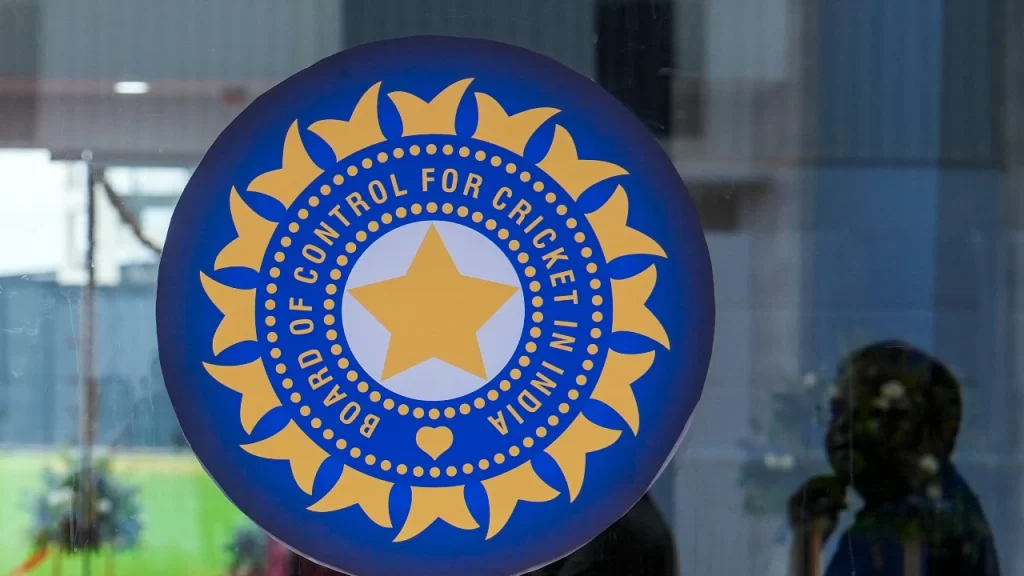Introduction:
In a significant and unexpected development, the Board of Control for Cricket in India (BCCI) has announced the immediate suspension of the Indian Premier League (IPL) 2025 season. The decision comes amidst mounting logistical challenges, biosecurity concerns, and increasing scrutiny over player workload management, sparking widespread reaction across the global cricket community.
Body:
The suspension of the IPL, one of the world’s most lucrative and widely followed T20 tournaments, has sent shockwaves through fans, sponsors, broadcasters, and stakeholders alike. The BCCI, in an official statement released on Sunday, cited “unforeseen operational difficulties and the need to prioritize player well-being” as the primary reasons for halting the tournament.
According to insiders, the decision was influenced by multiple factors, including the ongoing international cricket calendar, overlapping bilateral series, and player fatigue after a year of continuous competition. Additionally, rising concerns about bio-bubble fatigue, especially after several players opted out mid-season citing mental and physical health concerns, played a pivotal role in the BCCI’s decision-making process.
“The health and safety of players, staff, and all stakeholders remains our top priority,” said BCCI Secretary Jay Shah. “In light of recent developments and feedback from franchise teams, it has become clear that continuing the tournament would not be viable under the current circumstances.”
The suspension also has considerable economic implications. Major sponsors such as Tata Group, Dream11, and Paytm, who invested heavily in the current season, are reportedly in talks with the BCCI regarding revised contracts and compensation. Similarly, broadcasting partners Star Sports and JioCinema face significant scheduling voids and potential revenue losses due to the abrupt halt in IPL matches.
Cricket analysts have linked this development to a broader conversation around the sustainability of franchise cricket, particularly with the increasing demands placed on international and domestic players. Former Indian cricketer Rahul Dravid remarked, “This is a wake-up call for global cricket boards. We need to reassess how much cricket is too much cricket.”
Meanwhile, several franchises including Mumbai Indians and Chennai Super Kings have expressed support for the decision, acknowledging the importance of long-term player health. However, fans have expressed disappointment across social media platforms, with hashtags like #IPL2025Suspended and #BringBackIPL trending across X (formerly Twitter) and Instagram.
There is currently no confirmation on whether the tournament will be rescheduled later in the year. However, the BCCI has indicated that consultations are underway with franchise owners and international boards to explore alternative windows, possibly post the ICC Champions Trophy.
Conclusion:
The suspension of the IPL 2025 marks a rare disruption in one of cricket’s flagship tournaments, underscoring the pressing challenges posed by over-scheduling and health management in modern sports. As the BCCI navigates the aftermath, fans and stakeholders alike await clarity on the future of this season—and what it signals for the evolution of professional cricket.



